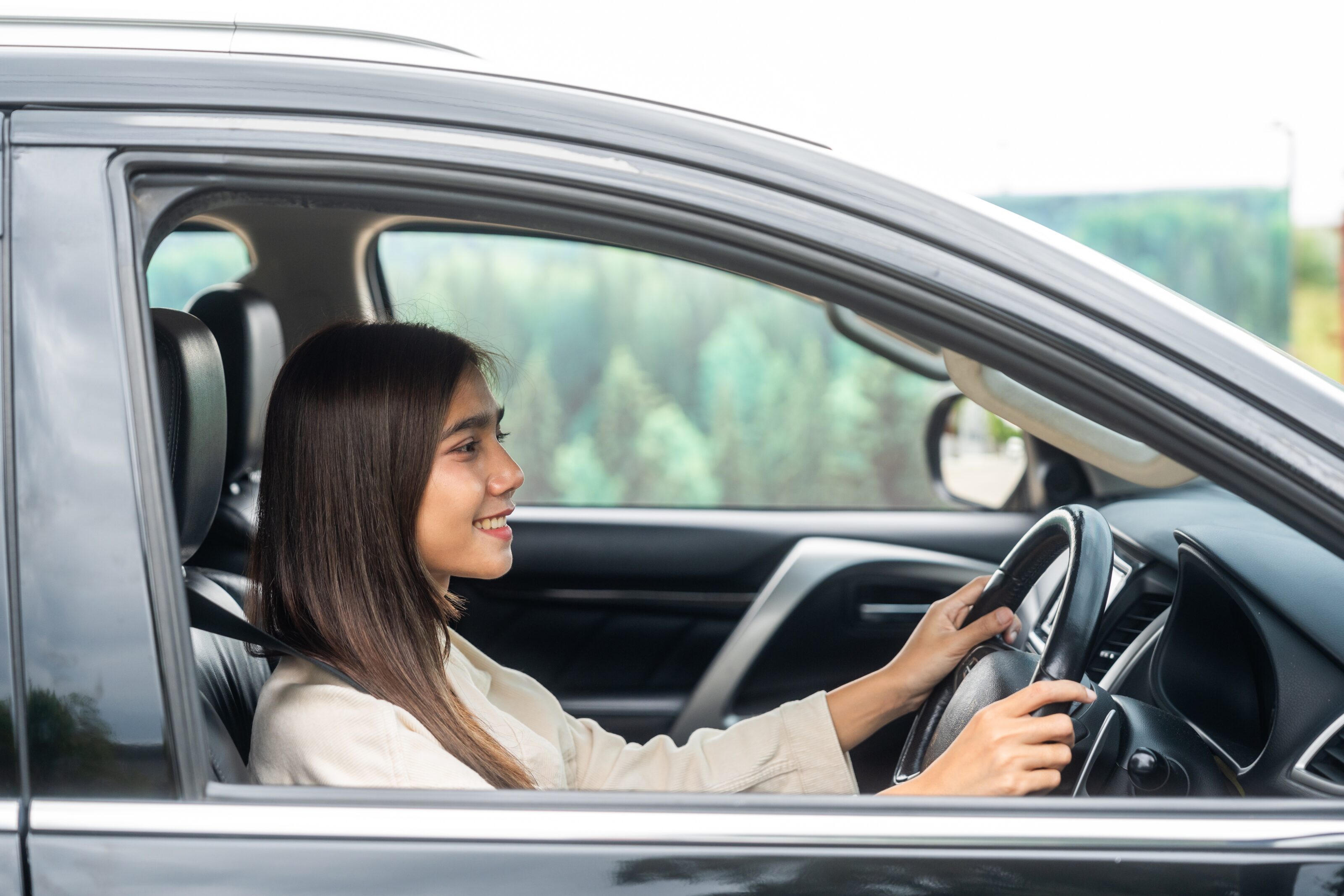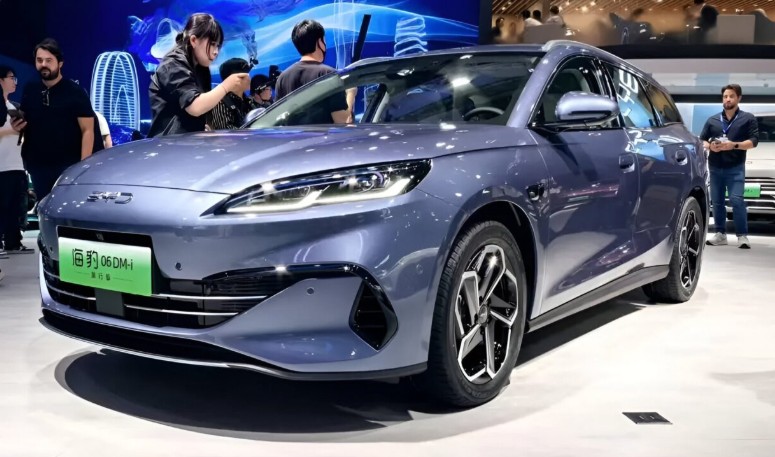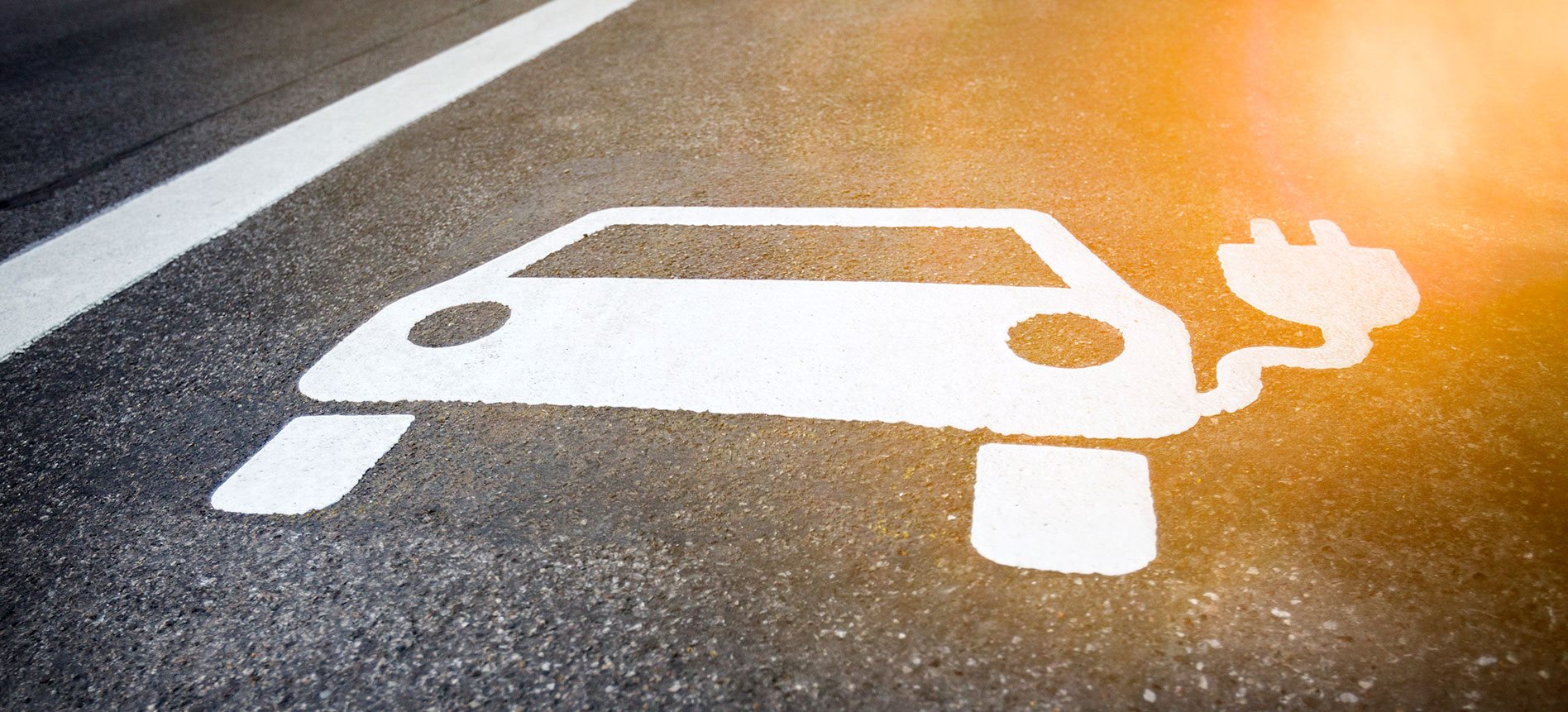
UPDATE, 12 MAY: Yet another minister has chimed into the electric vehicle (EV) tax debate in New South Wales – this time claiming that Sydney should be rapidly reducing the number of cars on its roads rather than arguing about how they’re powered.
According to the Sydney Morning Herald, in a private members’ statement to State Parliament last Thursday, NSW Planning Minister Rob Stokes said that while he supports the transition to electric vehicles – they still create congestion, and the city should be moving away from relying on cars as the principal form of transport.
He said the State Government needs to convince Sydney residents to move towards public transport, walking and cycling instead by providing better infrastructure across the city. Mr Stokes said too many people drive into the city’s CBD because parking is widely available.
“Although [electric vehicles] are powered by more efficient and sustainable power sources, they are still cars. Painting them green does not change that reality,” Mr Stokes added.
“They still perpetuate physical inactivity and propagate sedentary lifestyles. Of course private vehicles are wonderful servants, but they make terrible masters,” he said. “Changing from a polluting master to a more efficient master does not alter our growing dependence on, some might say enslavement to, private motor vehicles.”
Senior ministers are divided over how best to spur the take-up of electric vehicles while also implementing a sustainable way to tax them.
“While electric vehicles are certainly more efficient than existing vehicles, using vehicles less is even better,” he said.
Behyad Jafari, CEO of the Electric Vehicle Council, told WhichCar these latest comments risk muddying the waters of the issue because it “shouldn’t be one or the other” when it comes to encouraging EV uptake and creating more sustainable methods of public transport.
“I agree with parts of what he [Rob Stokes] has said. To also invest in making sure people in big cities can get around on public transport, walk or cycle more is a good thing, but it goes hand in hand with the shift towards EVs – it’s not an either/or situation,” Mr Jafari said.
“When talking about moving away from cars the conversation should be about the six million vehicles registered in NSW, not just the 6000 of those that are electric. It’s not a helpful way of doing things.”
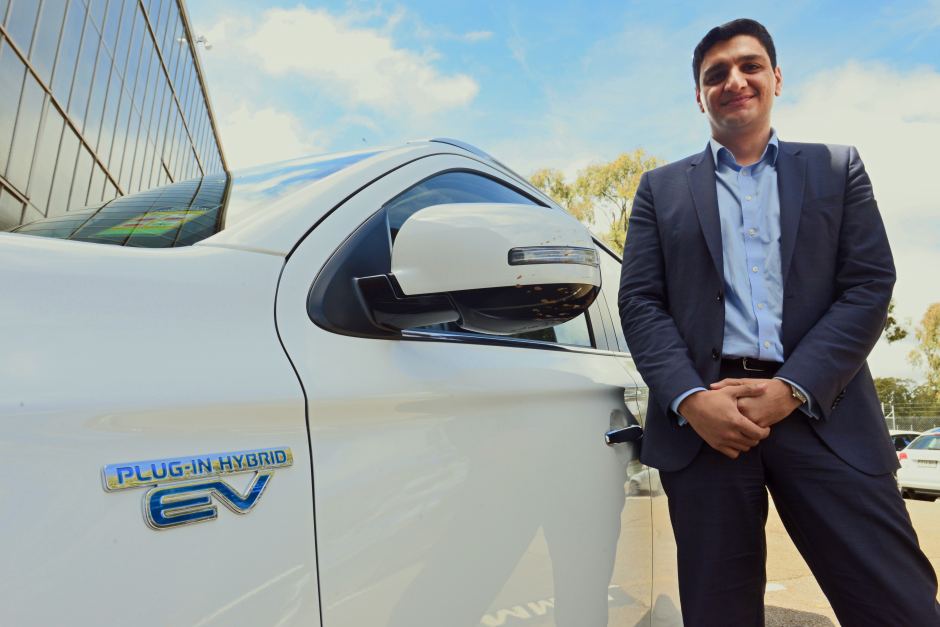
UPDATE, 5 MAY: New South Wales Transport Minister Andrew Constance has said the State Government should not introduce a special EV levy until electric vehicles made up 40 to 50 per cent of the car market.
The Minister has also today proposed introducing incentives such as waiving stamp duty, giving EVs access to transit lanes, and subsidised parking.
Mr Constance told the Sydney Morning Herald that if NSW introduced an EV tax too soon it would “make [us] the laughing-stock of the world”.
“The rest of the world will have moved to full manufacturing of electric vehicles and here we are sort of struggling,” he added.
Taking a different tack to his colleague, NSW Treasurer Dominic Perrottet, who last week said that no new charges will be levied on EV owners until the market has had a chance to “mature”, Mr Constance argued the state should be “four to five years away” from imposing any tax on the technology or risk killing off any large-scale uptake.
He added that by rushing to introduce a tax on EVs, Victoria had been “burned”.
Electric Vehicle Council chief executive Behyad Jafari backed Mr Constance saying “NSW had a historic opportunity”.
“At this point in time the public interest is going to be much better served by rapid electric vehicle uptake than by skimming a little extra tax from the few EVs that are already registered,” Mr Jafari said.
“The transition to electric cars will clean our streets of exhaust and noise, lowering health costs, reducing carbon emissions, and helping break the state’s dependence on foreign oil. This will represent billions of dollars in economic benefit.
“There’s a great opportunity for New South Wales to have it all here. Well-targeted subsidies now, as seen elsewhere across the globe, would create a boom in EV sales.
“Then, once the state starts capturing the benefits from fleet electrification, that would be the perfect time to start introducing smart road user charges.”
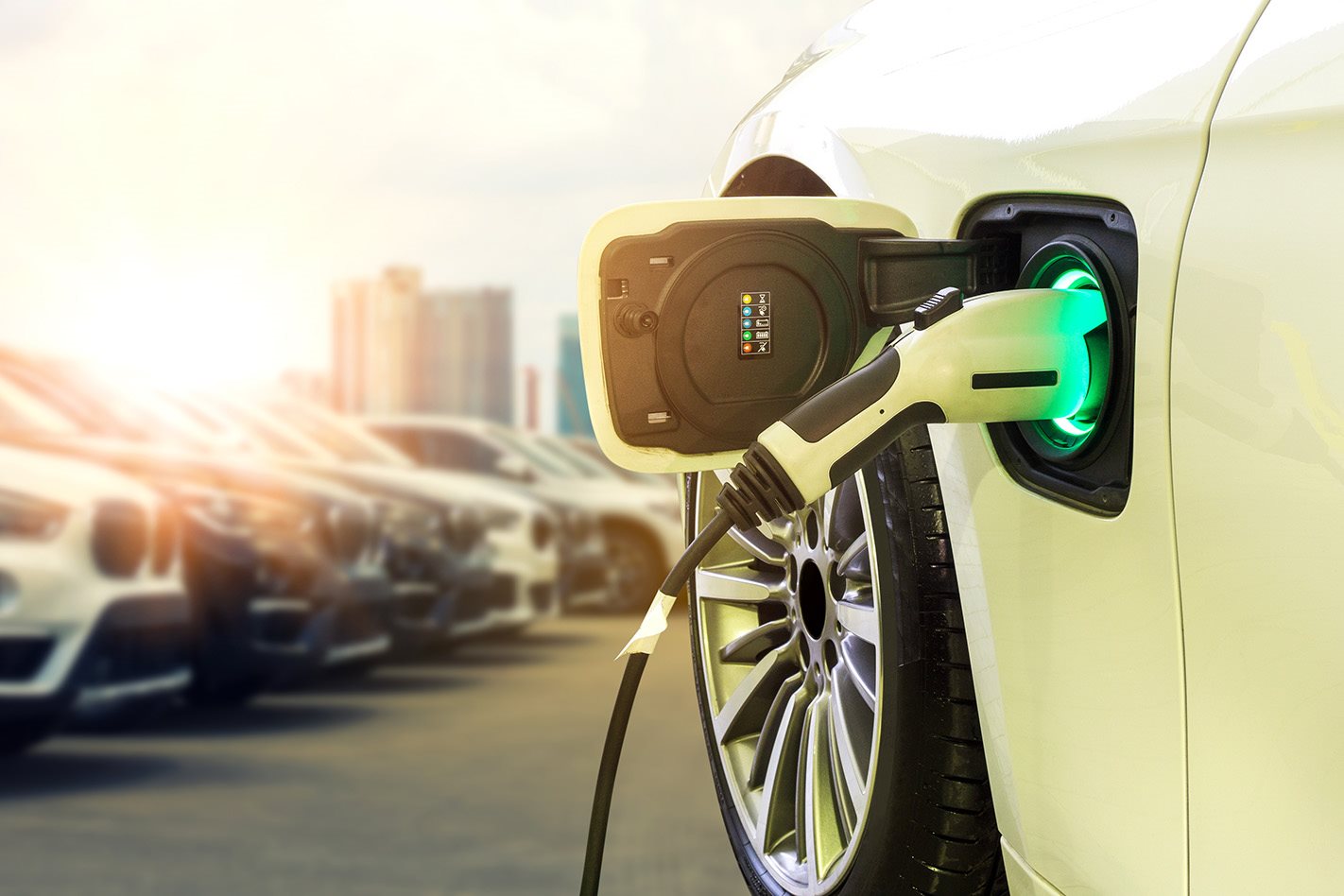
29 APRIL: New South Wales has ruled out the state immediately imposing a tax on electric vehicles, unlike the controversial policies currently being proposed in Victoria and South Australia.
According to the Electric Vehicle Council, NSW Treasurer Dominic Perrottet has said that instead, no new charges will be levied on EV owners until the market has had a chance to mature.
The decision is at odds with a report published in 2020 which said the NSW Government was considering the controversial distance-based charge on the table in other states.
Mr Perrottet told the Sydney Morning Herald: “a user charge is where the future lies but what’s important is that we promote, not impede, the take-up of electric vehicles.
“Over time, people who use the roads should pay for the roads, just like they do with fuel excise, but what we don’t want to do is impede innovation and take-up of electric vehicles. We’re working on a holistic package to announce in the budget,” he said.
Electric Vehicle Council chief executive Behyad Jafari has praised the announcement.
“Seizing the abundant benefits of the electric vehicle transition whilst simultaneously identifying new revenue streams for the state is a tough balancing act,” Mr Jafari said.
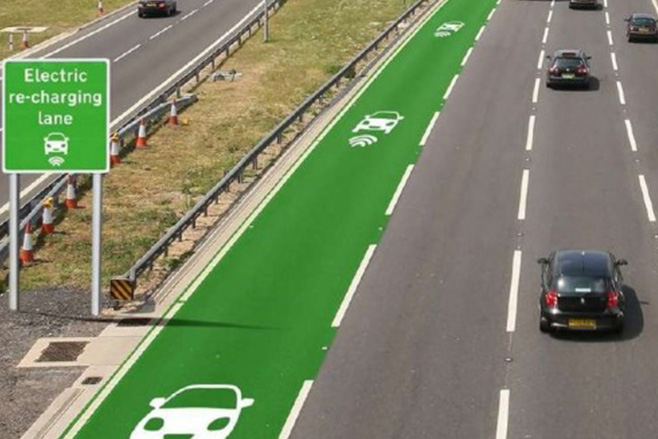
“We don’t expect to agree with everything the Treasurer proposes, but what we do respect is the fact that he is genuinely listening on this complex policy area.”
Taxing EVs has caused widespread controversy across Australia in recent months, with Victoria pursuing a distance-based charge which would apply to zero and low emission vehicles (ZLEVS) if passed by Parliament.
Under the proposed policy, which was announced in the 2020-21 Victorian Budget, a 2.5c/km charge would apply to electric and other zero emission vehicles – including battery-electric and hydrogen vehicles, and a 2.0c/km charge will apply to plug-in hybrid-electric vehicles.
According to the Victorian Government, electric vehicle owners will pay on average an additional $330 a year in distance-based road usage charges and plug-in hybrid-electric vehicles owners will pay an additional $260 a year – though this figure does not seem to take into account the petrol excise that PHEV drivers also pay.
The proposal has gone down like a lead balloon with many across the car industry and environmental groups who believe charging EVs penalises owners for shrinking petrol and diesel tax coffers without rewarding them for helping to reduce carbon emissions.
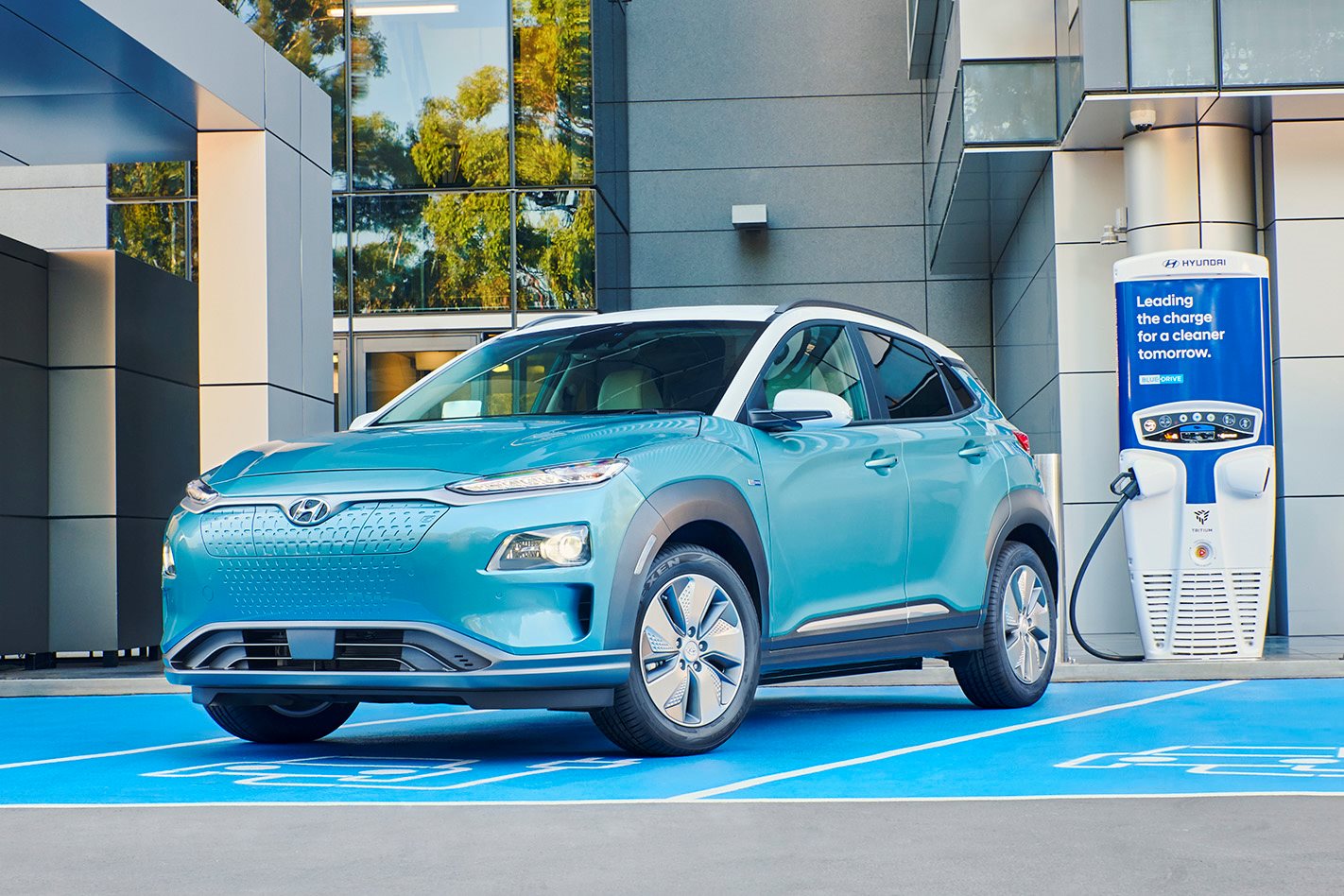
Adding insult to injury, such policies don’t recognise the tax already paid by EV owners to charge their vehicle using electricity at home.
Earlier this month, some of the world’s leading car manufacturers, automotive groups and environmental bodies teamed up to blast the Victorian Government’s proposed tax on electric vehicles calling it – “the worst electric vehicle policy in the world”.
In an open letter they urged crossbench MPs to vote against the bill when it comes before Parliament and claimed the Andrews Government’s proposed tax is the only stand-alone electric vehicle tax in the world, and risks putting Australia even further behind the rest of the world in its uptake of electric cars.
The letter added: “Going it alone will mean Victoria has the worst electric vehicle policy in the world.
“No other jurisdiction has introduced such a targeted levy on the cleanest vehicles on the road without significant incentives to balance it out.
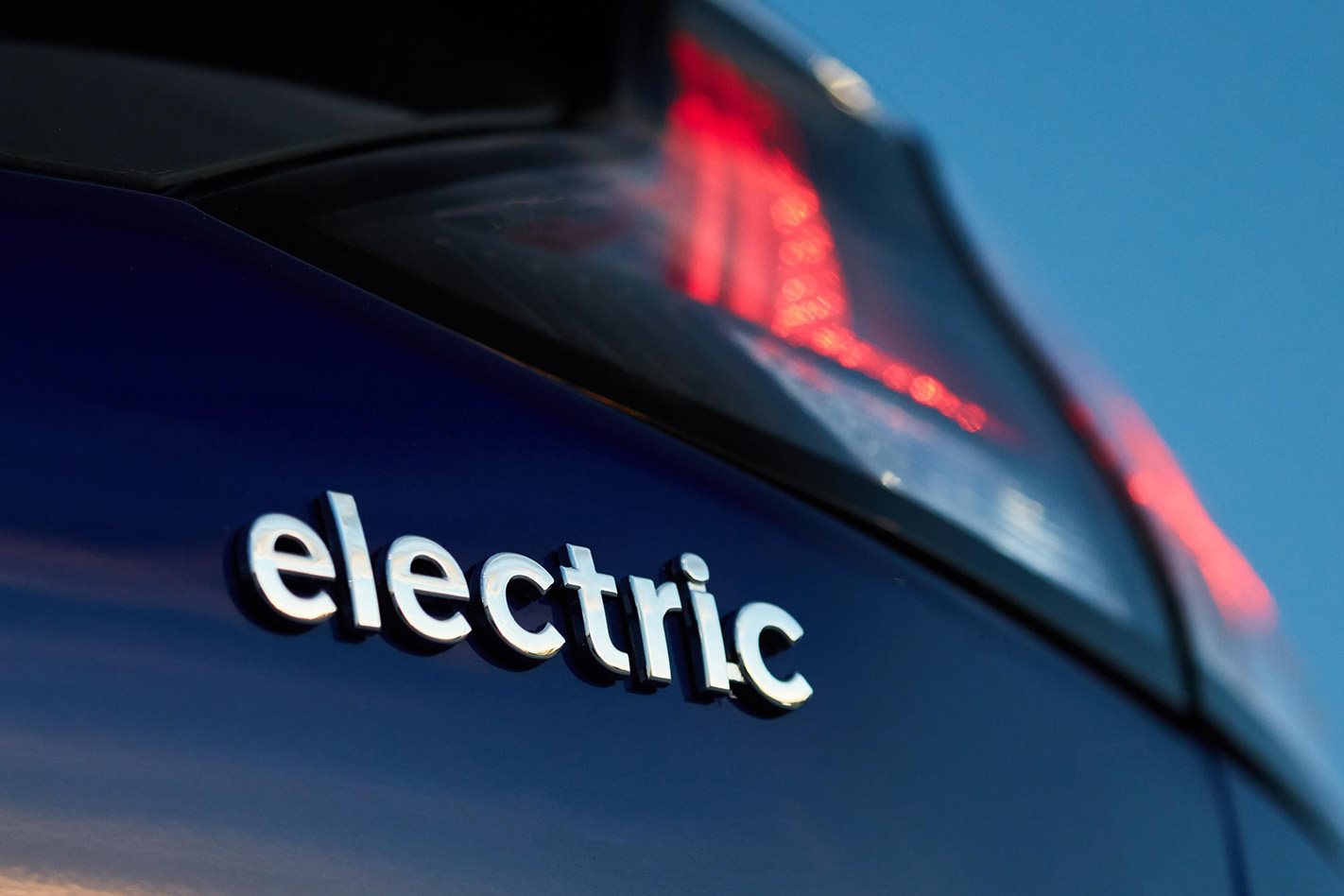
“This new tax means the world’s manufacturers are far less likely to send Victorians their best, most affordable, zero emissions vehicles. That makes things much harder for Victorian families who want to buy and drive electric.”
Victorians aren’t the only ones in the firing line for the controversial tax, South Australia has also previously revealed plans to sting electric vehicle owners with a registration-style road tax.
If approved, the new ongoing charge will offset the loss of fuel excise revenue that will not be gathered by the Government from drivers of zero-emissions cars. This in turn has the potential to dramatically increase the cost of EV use and discourage the adoption of more sustainable transport.
EV Council Chief Mr Jafari added: “Done well, road user charges are a sensible way forward. But they should not be introduced in a way that encourages people to stay in oil-thirsty vehicles. That’s unfortunately what Victoria’s blunt EV tax will do, and it is a trap Mr Perrottet has thankfully avoided for his state.”
WhichCar has contacted the NSW Government for comment.


